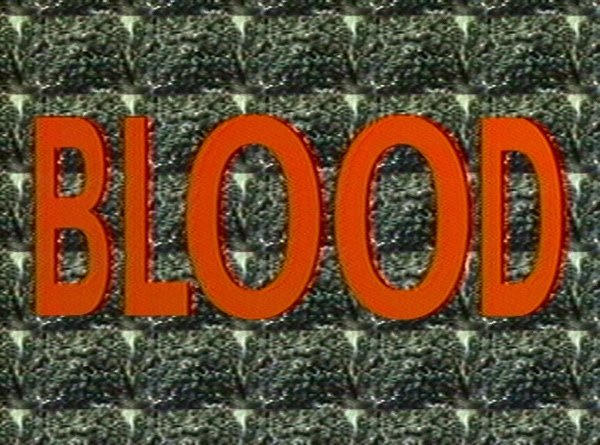Vtape
Online
Everywhere, Ontario
Date
Curator
Yaniya Lee
This online screening series, curated by Yaniya Lee as part of her 2019–20 research residency at Vtape, starts on June 5, with one title posted every Friday until the whole program is available. On July 31, Lee’s essay investigating the larger questions raised during her research at Vtape will be posted, and a livestreamed conversation between Lee and Andrea Fatona will follow.

 Buseje Bailey, Blood, 1992.
Buseje Bailey, Blood, 1992.
Editors' Comment
From my perspective as a colleague at Canadian Art, Yaniya Lee, who is features editor at this publication, has done and is doing a range of vital work here: creating video studio visits with Black artists, editing the upcoming Chroma print issue with Denise Ryner, commissioning and shaping a variety of feature articles in print and online, dialoguing with internationally renowned authors and thinkers at live talks and in interviews, and writing—eloquently, always—about topics ranging from influence to activism and beyond. (These are just a very few examples of work she has done in this role, I might add.)
Beyond this organization, Lee also has done and is doing work always worth reading, viewing and thinking or feeling through. Among them is this online screening series “fractured horizon – a view from the body.” One thing that immediately appealed to me about this program’s announcement was the opportunity to see Thirza Cuthand’s 2017 short Thirza Cuthand is an Indian Within the Meaning of the Indian Act, as well as Deanna Bowen’s 2010 work sum of the parts: what can be named. But looking at the fuller program, I’m also intrigued by the 30-year span of video works announced so far, and how that connects with Lee’s ongoing research into emerging racialized artists today and how their concerns connect to those of racialized artists in the 70s, 80s and 90s. On the latter note, Lee’s upcoming conversation with curator, researcher and OCADU associate professor Andrea Fatona should be well worth tuning into, too. —Leah Sandals, content editor